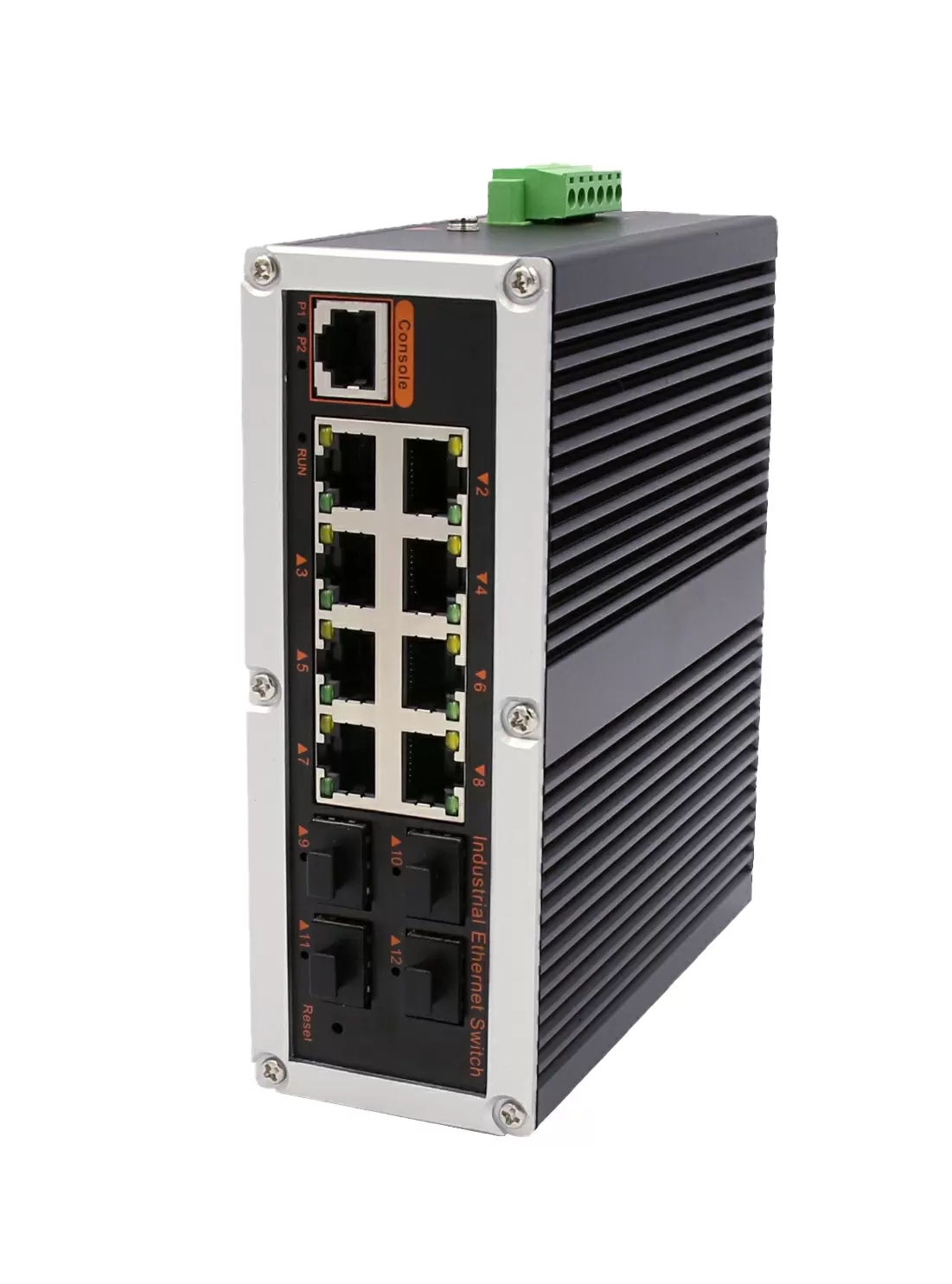.

1. Protocol Definition and Purpose
TCP IP, short for Transmission Control Protocol/Internet Protocol, is a suite of communication protocols designed to facilitate the transmission of data packets across interconnected networks. It forms the backbone of the internet and allows devices to communicate and share information globally.
In contrast, Industrial Ethernet is a network protocol specifically adapted for industrial environments. It enables communication between devices and systems in industrial automation, such as programmable logic controllers (PLCs), human-machine interfaces (HMIs), and other devices used in factory automation, process control, and smart manufacturing.
2. Design and Structure
TCP IP is based on a layered model, consisting of four layers: network interface, internet, transport, and application layers. Each layer has its specific functions, which together ensure the reliable and seamless transmission of data across networks.
Industrial Ethernet, on the other hand, encompasses various protocols such as EtherNet/IP, PROFINET, and Modbus TCP/IP, among others. These protocols are often based on Ethernet technology and tailored for industrial applications, offering real-time communication, determinism, and high-speed data transfer rates.
3. Network Topology and Performance
TCP IP operates on a wide range of network topologies, including local area networks (LANs), wide area networks (WANs), and the internet itself. Its main focus is on reliable communication and the efficient transmission of data packets, ensuring that information arrives intact at its intended destination.
In comparison, Industrial Ethernet is primarily used in industrial automation and control systems, where determinism, reliability, and real-time capabilities are crucial. Industrial networks often adopt ring or star topologies to ensure redundancy and minimize downtime, enabling seamless connectivity even in harsh industrial environments.
4. Communication Speeds and Latency
TCP IP operates at varying speeds, depending on the network infrastructure and equipment used. While it can achieve high data transfer rates, it is less focused on real-time performance and low latency, making it less suitable for time-critical industrial applications.
Industrial Ethernet, designed explicitly for industrial automation, emphasizes high-speed communication, deterministic behavior, and low latency. It offers faster data transfer rates, ensuring real-time control, monitoring, and synchronization of devices in industrial settings.
5. Industry Applications
TCP IP is widely used across industries for general networking and internet communication. It serves as the foundation for email, web browsing, file transfer, and many other internet-based services.
Industrial Ethernet finds its application in various industrial sectors, including manufacturing, oil and gas, utilities, transportation, and more. It enables seamless communication between industrial devices, supporting real-time control, monitoring, and optimization of industrial processes.
In summary, TCP IP and Industrial Ethernet differ in terms of their underlying protocols, design architectures, network topologies, performance characteristics, and industry applications. While TCP IP is a universal protocol for general communication and data transmission, Industrial Ethernet is tailored to meet the specialized requirements of industrial automation, offering real-time communication, high-speed data transfer, and determinism. Understanding these variations is crucial for implementing the appropriate networking solution in different environments.


